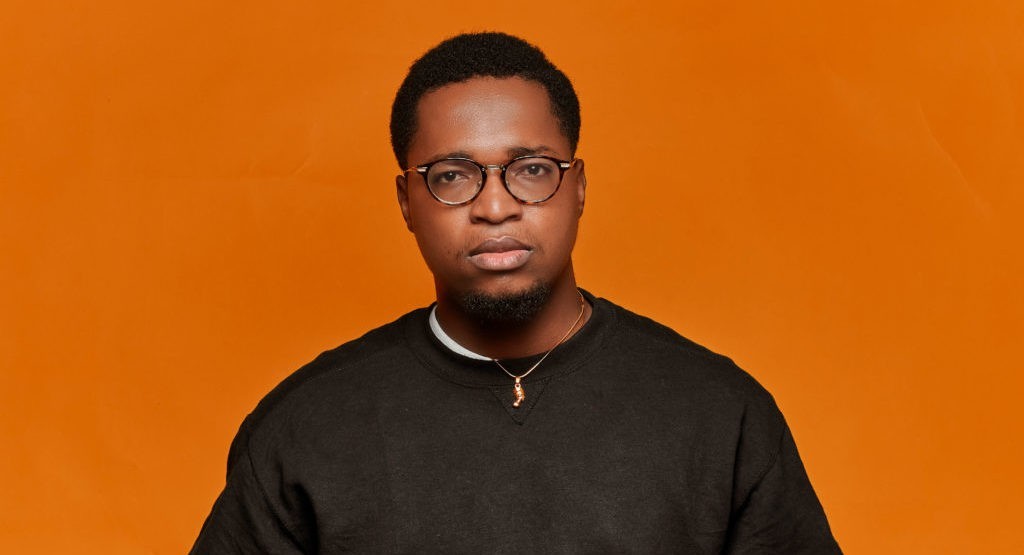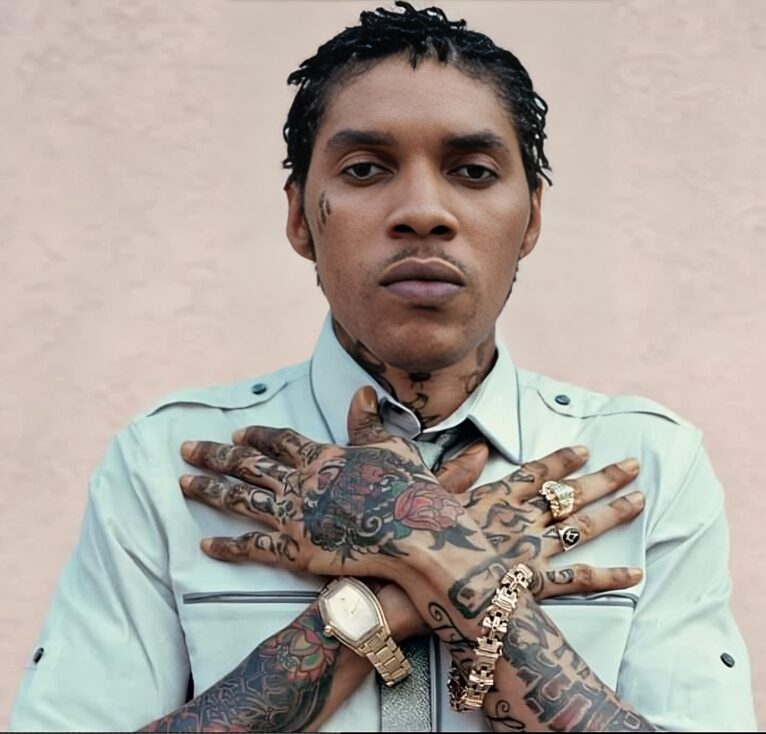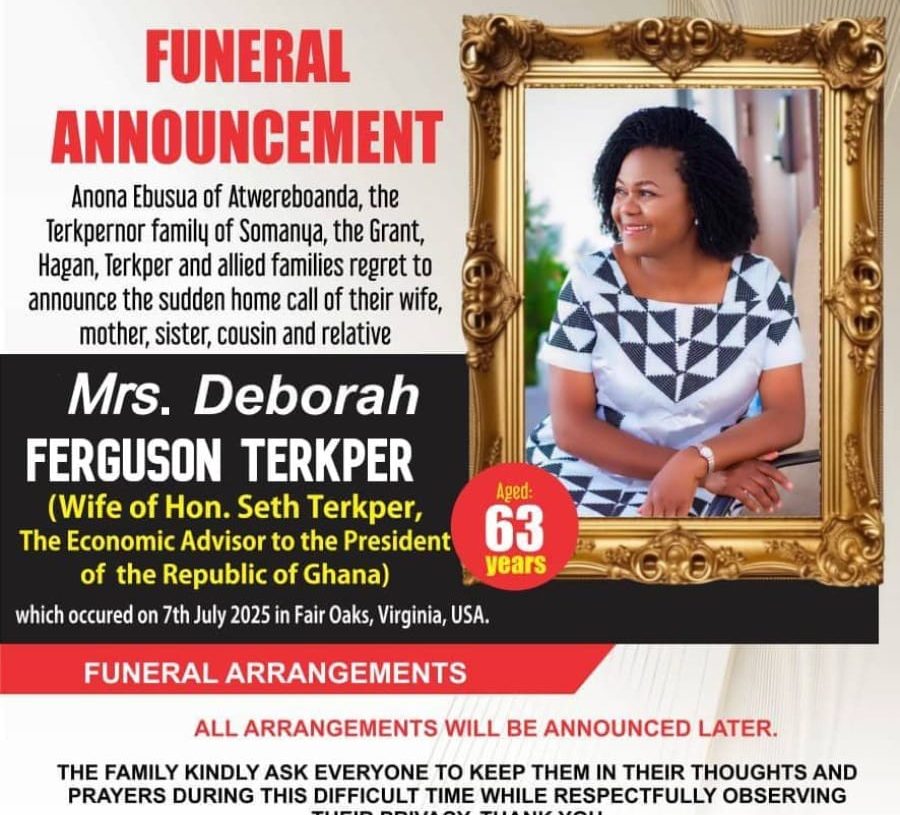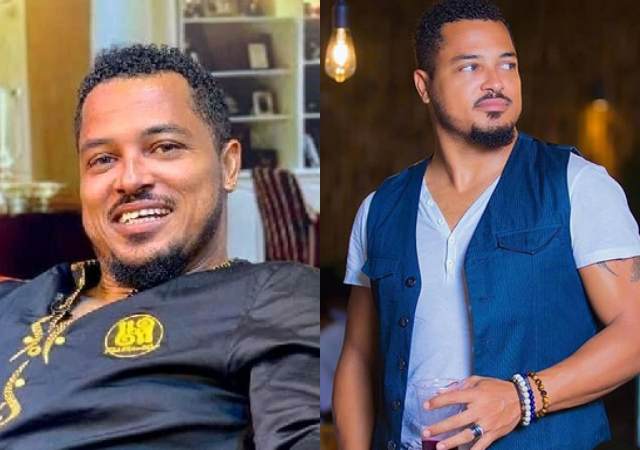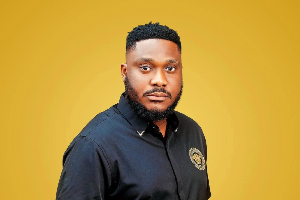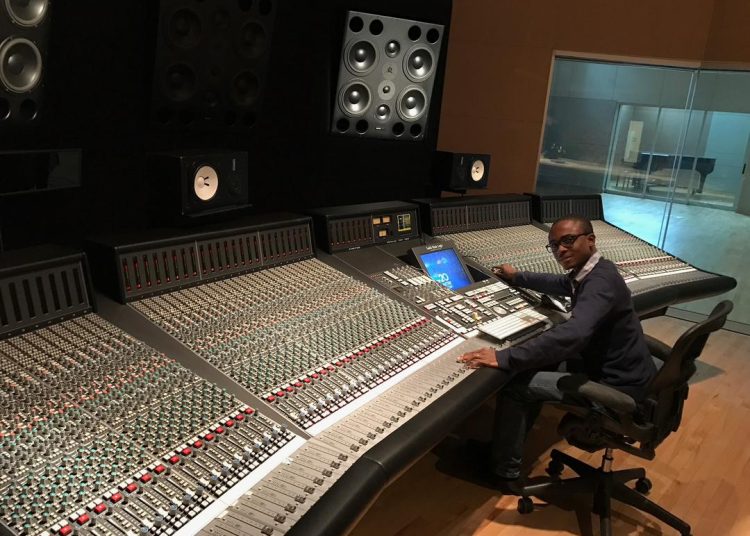Ghanaian rapper Kojo Cue has opened up about his struggle with mental health, revealing that a period of personal trauma and healing forced him to pause his music career and focus on rebuilding his emotional well-being through therapy, travel, and self-care.
Speaking in an interview with Graphic Showbiz, the artist, born Linford Kennedy Amankwaa, called for greater openness in the entertainment industry when it comes to mental health. He urged fellow musicians to embrace vulnerability and view seeking help as a show of strength rather than weakness.
“In 2020 and 2021, I faced two back-to-back traumatic experiences that pushed me to my limits,” he said. “I’m intentionally withholding some details as they relate closely to my upcoming projects, both in theme and execution. However, those events occurring so closely together, alongside the pressures of COVID, became overwhelming. It was this situation that drove me to seek therapy and address the challenges I was facing.”
While he first revealed his mental health struggles during an interview with entertainment blogger ZionFelix, Cue has since used his story to encourage wider discussions about emotional wellbeing in the music scene—an industry where pressure, public scrutiny, and burnout often go unspoken.
For Cue, therapy became a turning point. But it was not the only lifeline. Travel also played a central role in helping him regain balance. Over the past few years, he journeyed across continents—from Nigeria and Kenya to the United States and Italy—searching for mental clarity.
“I travelled extensively,” he said. “At one point, I visited Nigeria, then Kenya, spent some time in the US, and even lived in Italy for a while. My travels took me all over, including various places here. The essence behind that was simple: a change in environment can often clear your head.”
He compared the effect of travel on the mind to the feeling one gets after tidying a messy room. “When you are in a new space, your brain is flooded with fresh information to process, leaving little room for overthinking or moping. It helps you reset,” he explained.
In addition to therapy and travel, the rapper credited nurturing friendships and gardening as other forms of healing. These intentional acts of self-care, he said, helped him stay grounded during his time away from music.
Cue dismissed the idea that his absence from the limelight meant he had stepped away from his craft entirely. Instead, he described it as a deliberate and meaningful pause, one that allowed him to find peace and rediscover purpose.
“Every moment away carried its own significance and shaped the person I am today,” he reflected.
Now back and creating new music, Cue hopes his story will inspire others. especially creatives, to be honest about their mental health journeys and to seek support when needed. He believes silence only deepens the struggle and that community and conversation are key to healing.
“There’s nothing weak about admitting that you need help,” he said. “We should normalise that. Artists are human too, and mental health matters.”
Cue’s experience adds to the growing awareness around mental health in Ghana, particularly in high-pressure spaces such as the creative industry. With his platform and personal narrative, he joins a slowly growing movement of Ghanaian public figures using their voices to shift the conversation toward healing, honesty, and hope.
